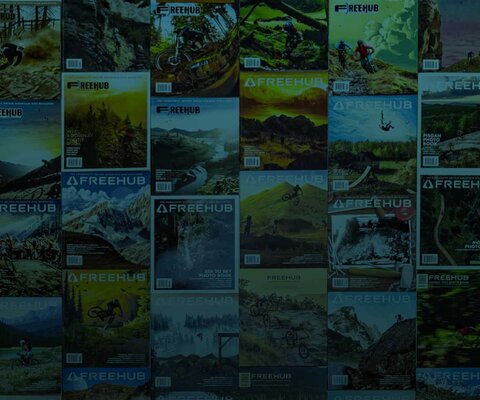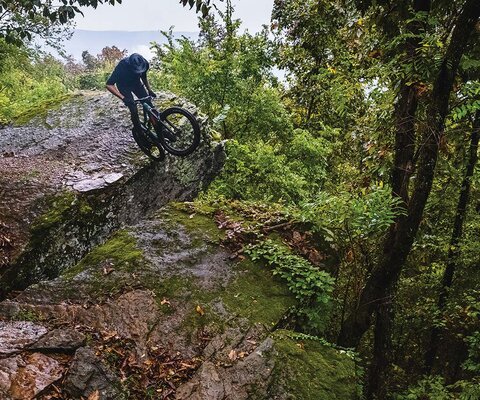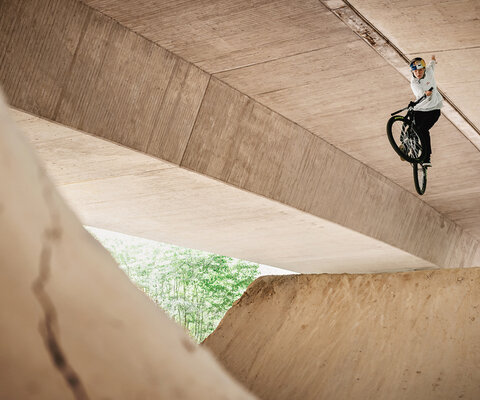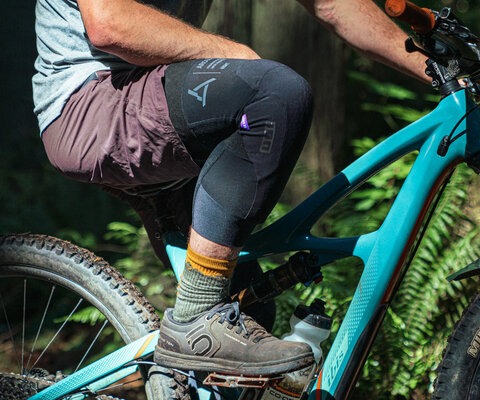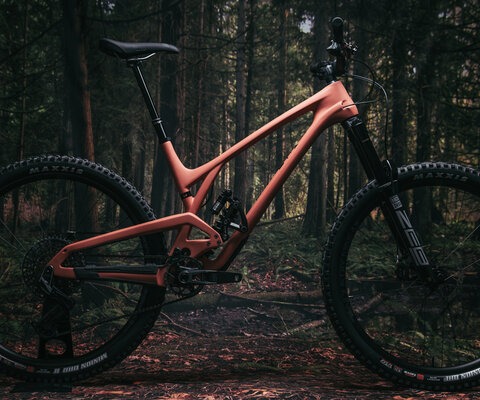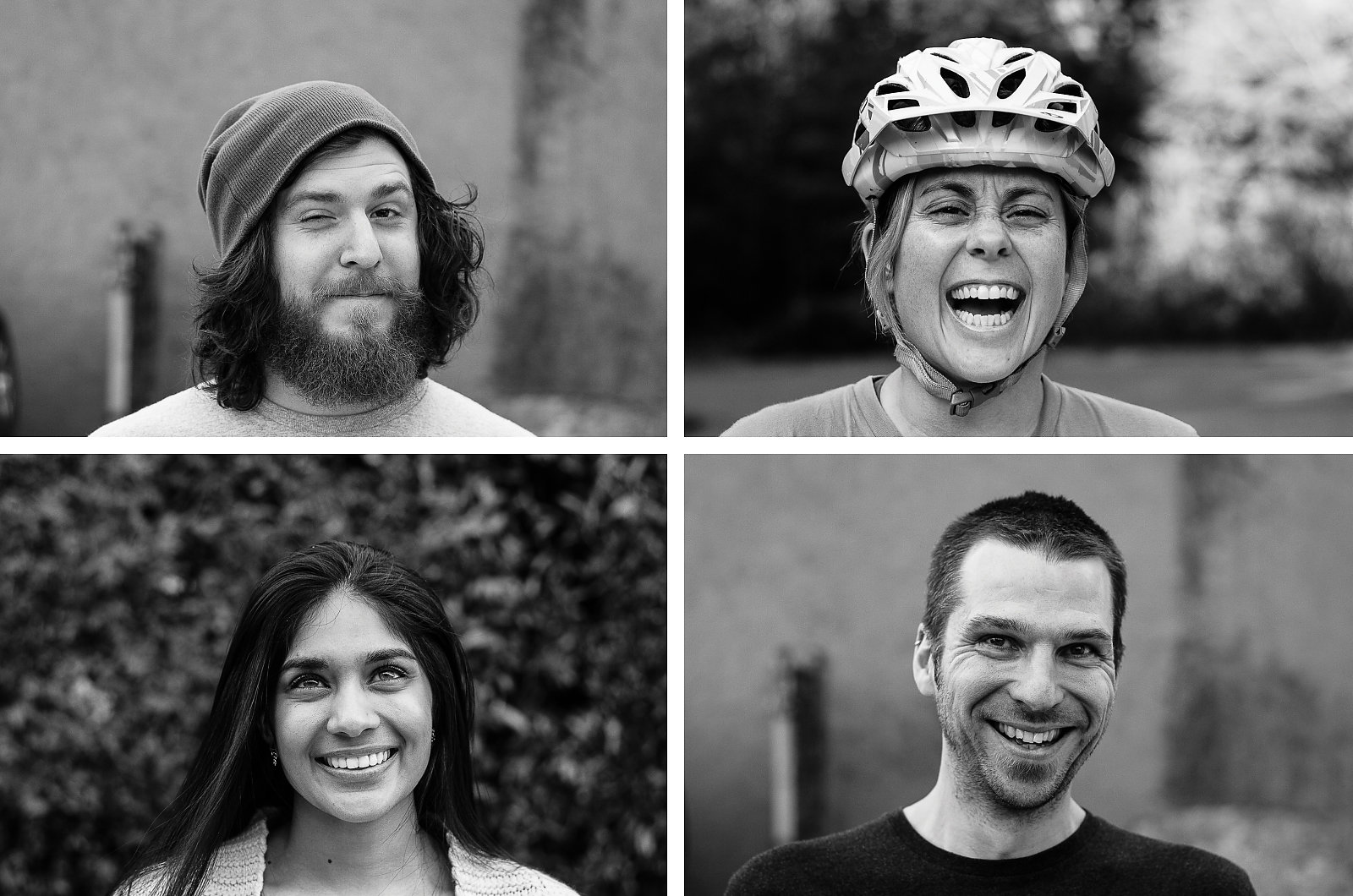
At 19 I found myself newly surrounded by the daily chaos of life in a densely populated city.
I had just moved to Vancouver, BC, uprooting myself from a small town to this metropolis of towering high rises, one of which could have housed all the citizens of my hometown of Bamfield. It seemed ironic that I’d be lonely surrounded by more people than I had probably seen in my previous 20 years. But I was.
It took a few years, many rides and more than a few scars, but I eventually realized the reason for such a resounding and consuming emotion: in moving, I had become unmoored from my formative community. Motley and mismatched as they were, my extended family had surrounded me from birth. Bonded by our isolated location, long winters of power outages, and the sometimes-harsh west coast existence, we consisted of all ages, ethnicities, denominations, opinions and abilities. Some were drawn to our tiny town, some driven to it. Some longed for a simpler existence, some were social outcasts. Others were retired or entrepreneurs, and still others had long ago forgotten the reasons their great-great-grandparents moved there in the first place. Our shared love for this lifestyle allowed us to function and gave us identity.
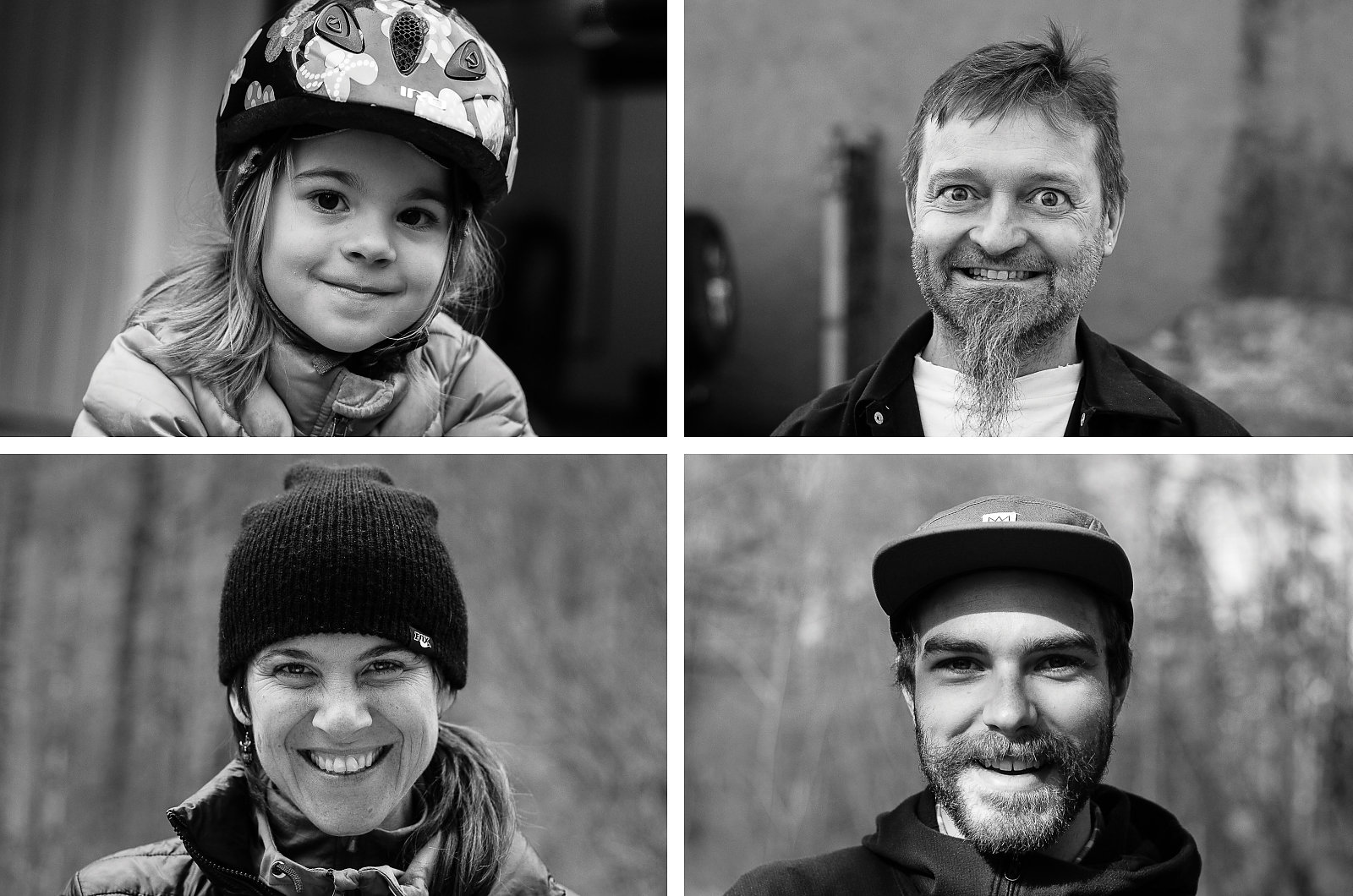
It never occurred to me that I would have to find this again when I left. With nothing for comparison, I had taken it for granted. I had assumed that this structure and feeling would exist without effort my whole life regardless, but when I left home—mostly to find work and date someone who wasn’t a cousin—I willingly and unwittingly gave this up. And it’s not a cheap thing to reacquire.
Sure, I had friends in the city, but a community is different than people who like the same music or pubs. A community is the grumpy old man who will readily tow your boat when you break down. It’s the town drunk, who you have over for Sunday dinner. It’s the children who don’t belong to you but who you can scold without fear of an over-protective mother. It’s someone you call “Aunty,” who’s not related but brings homemade fudge when your braces come off. Man, did Aunty come through up when my braces came off.
Finding a new one proved to be an elusive endeavor. There was no fudge, no disgruntled fisherman to help jump my car, and the drunks were querulous at best. Then I found mountain biking.
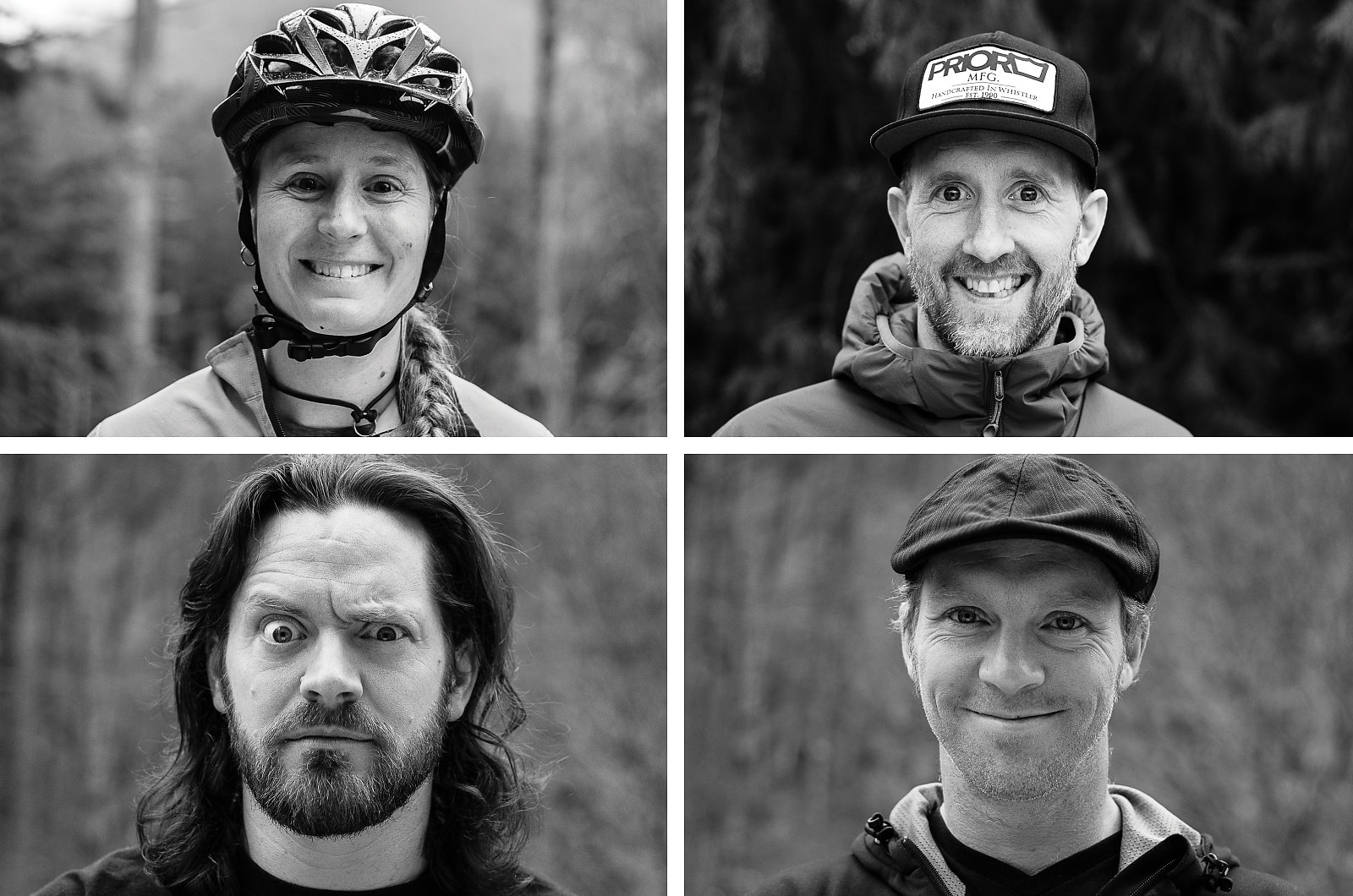
The citizens were as varied and colorful as those in Bamfield, if less hermit-esque. You might be on a climb next to someone 30 years your senior, who would tell you about their time building the trails we were riding. Or coaching kids at a skills camp, no longer scolding but with the similar pride of investing in someone else’s future. I grew up learning from people I may never otherwise have had the opportunity to meet, and enjoyed a sense of safety that came from being surrounded by many caring eyes (unless you were underage and trying to get into the community dance hall). It’s the same feeling I’ve found in bike parks and trailheads during those sunny afternoons. It isn’t strangers in a parking lot. It’s a family congregation.
As I became more involved, I came to perhaps an even deeper revelation about community: you don’t find it, you create it. Communities support and invest in each other, in local talent, local businesses and local people. And in biking, contrary to what some may think, most off those contributions happen off the bike, over shovels or starting lines or post-ride beers, all with a love for biking at the core.
Just like in Bamfield, as our sport expands into the general action sports mainstream and becomes more accessible to the masses, we will also start to have more “summer residents,” the figurative out-of-towners who visit for the sunny days but leave when the storms come. We will have more riders with less “off-the-bike” participation, less interest in being involved and less understanding of our culture and history. With it will come more potential for our community to be diluted. But while the demographics may evolve, our common passion will remain unchanged. As an elderly resident of my hometown once told me, “This town hasn’t changed, the people have. When I sit here in the evening the light still hits the trees across the harbor the same way it did when I was kid.”
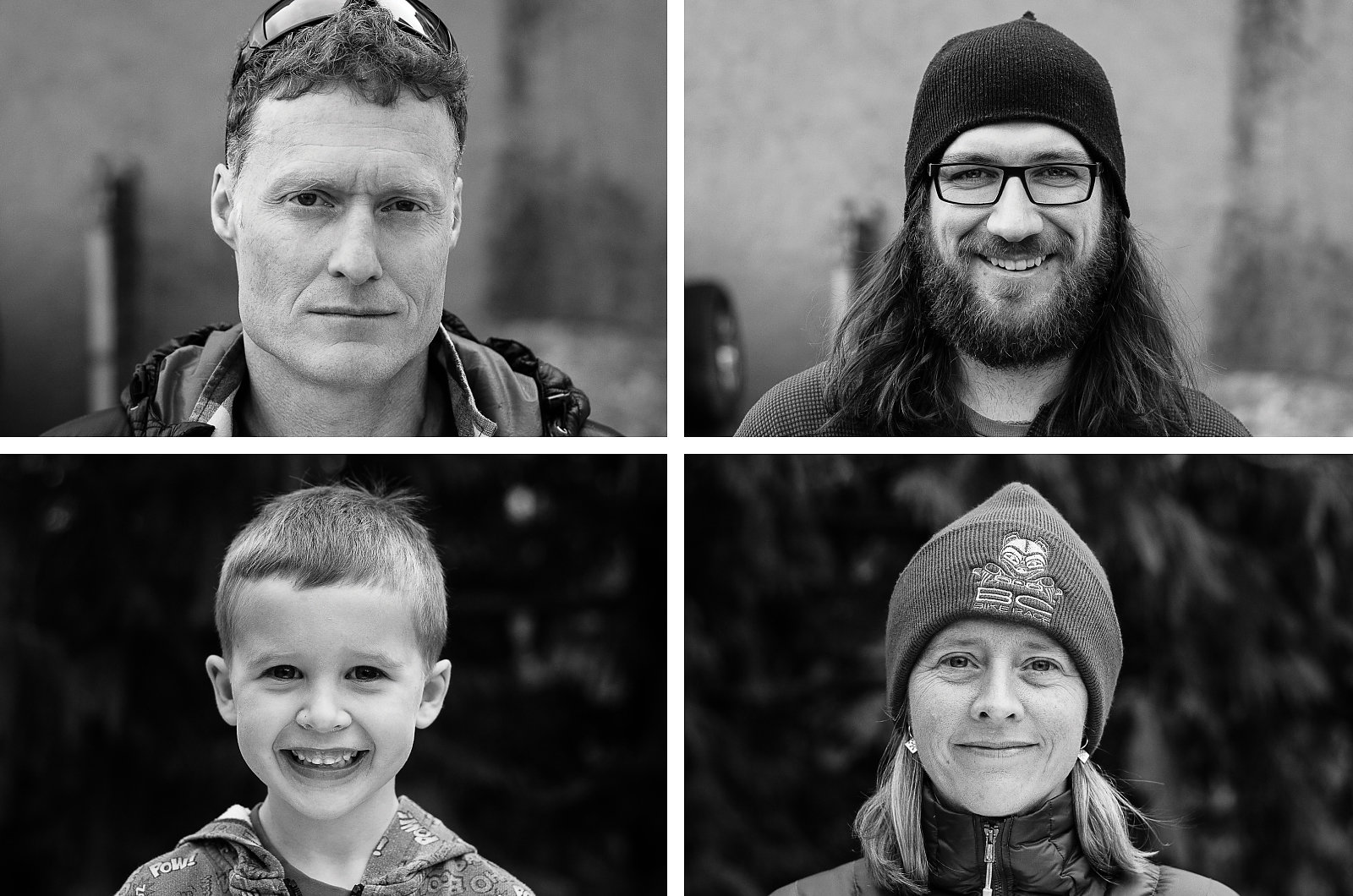
When it comes down to it, mountain biking is a small town, and we can look forward to and take pride in the children growing up within our city limits. And just like any small town, there is the chance these kids might hitchhike out of town as fast as they can. They might rebel by joining the circus, or get into synchronized swimming instead of slopestyle.
But here’s the important thing: because they will have grown up in our community—strong, hardworking and authentic—they will take the essence of it everywhere they go, and will recognize a community when it surrounds them, as I did. And they will understand that to truly grow a community, they must invest in it.
The city can still feel lonely at times; I don’t know the names of everyone in my apartment building, and I have to pay someone (who is also usually grumpy) to tow my car when it breaks down. But whether I am on the trails or at my local bike shop it is different now. I see friends and familiar faces, I chat with strangers because we have something in common. Even though I’m still surrounded by a few hundred thousand people, this is my new small town. This is home.
